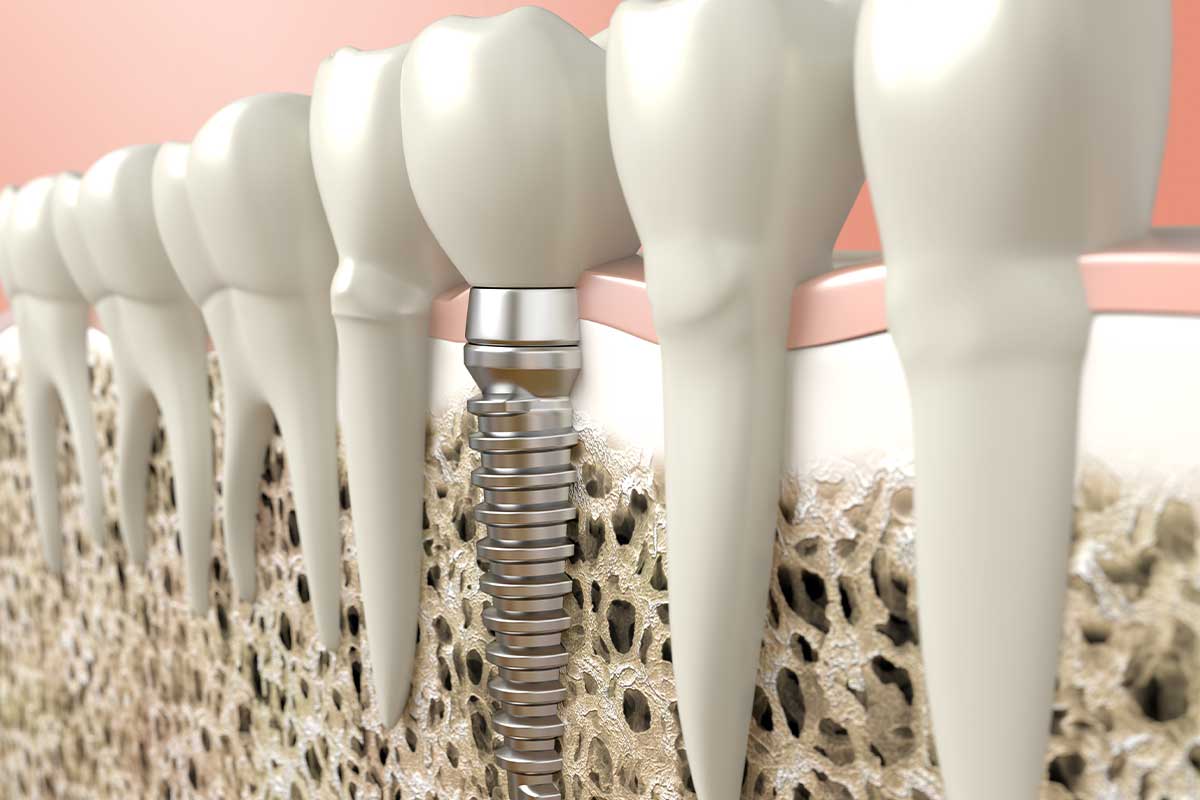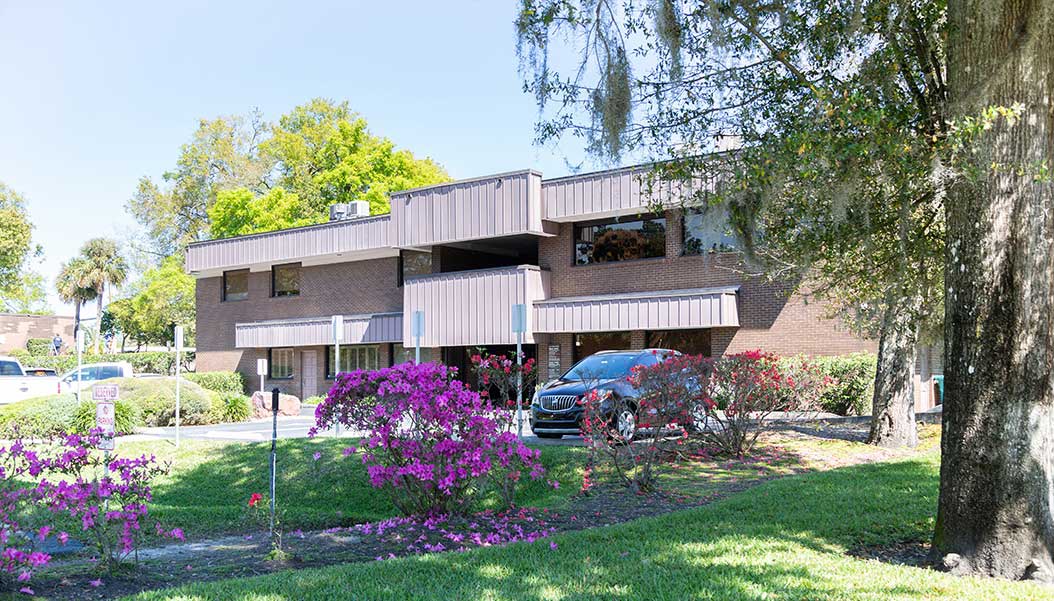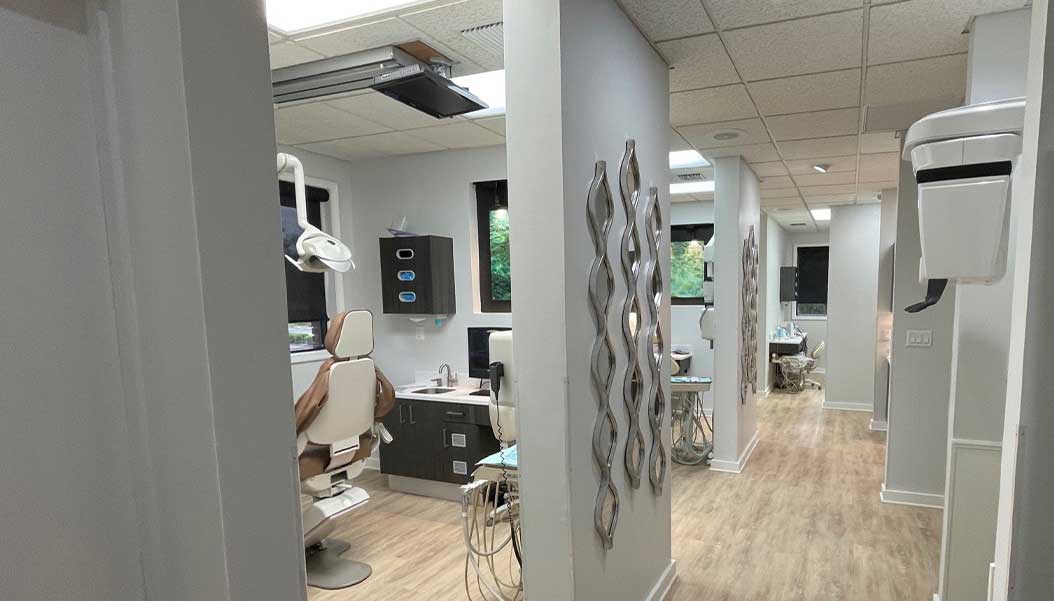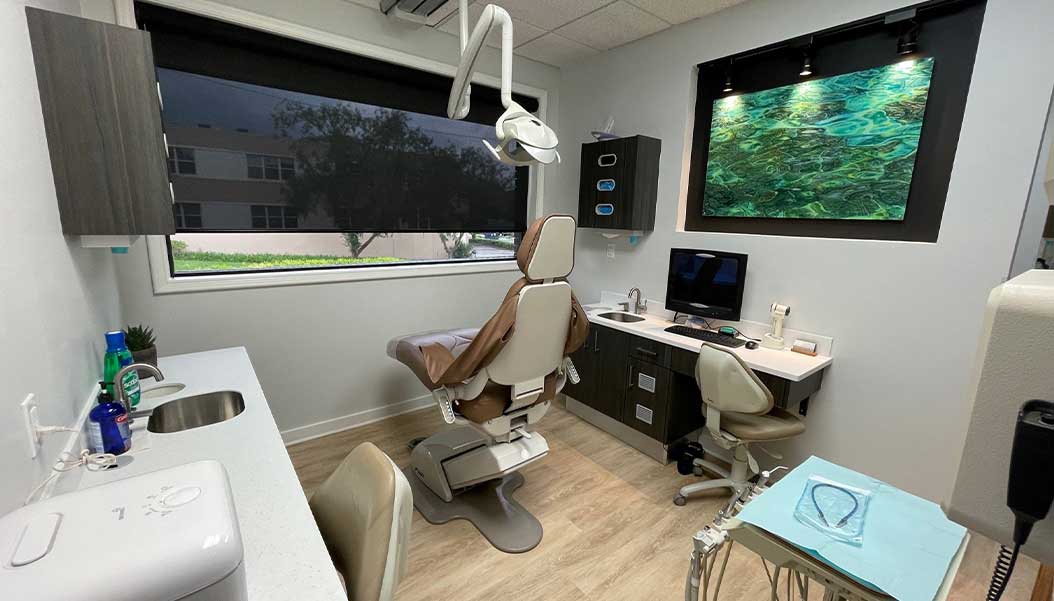
24
Jan
Why Might I Need a Bone Graft Before I Get a Dental Implant?

One of the most remarkable things about dental implants is their ability to act as prosthetic tooth roots. They bond with the surrounding tissue and are able to provide an incredibly strong base of support for the artificial teeth (restorations) that go on top of them. In order for dental implants to succeed, however, they need an adequate amount of bone to support them. That is why some patients require a bone graft before they can get implants. Let’s talk more about bone grafting and how it can play a vital role in the implant treatment process.
Tooth Loss and Bone Loss
The human body is an efficient creation. When part of it isn’t being used, it may become weaker and smaller. That is what happens to muscles if a person leads a sedentary lifestyle, and it is what happens to the jawbone when a tooth goes missing. The bone is no longer needed to support the tooth, so the body resorbs it and recycles its raw materials for other purposes.
The resorption process is relatively quick. According to some estimates, about 25 percent of the surrounding bone disappears within the first year after a tooth goes missing. Eventually, the resorption reaches the point where the jaw no longer has adequate volume to support a dental implant.
How Bone Grafting Helps
A bone graft is an advanced procedure wherein a dentist or specialist adds bone material to the jaw at the site of a missing tooth. The bone may come from another part of your body or a donor. It could even be an artificial material. Over time, your body will accept and integrate the graft, and the jaw will once again be strong enough to support a dental implant.
In most cases, a patient must wait several months after a bone graft before they are eligible to receive implants. However, it is occasionally possible for a bone graft and dental implant placement to occur on the same day.
Do You Need a Bone Graft?
During your dental implant consultation, your dentist will let you know whether they recommend a bone graft. The longer it has been since you lost your natural teeth, the more likely it is that you will require a graft. However, some patients, even those who lost their natural teeth years ago, do not need a bone graft, especially if they opt for a specialty implant procedure that makes the best use of existing bone tissue. Whatever your dentist recommends, you can be sure that they have your implants’ long-term success in mind.
Bone grafting is a remarkable procedure! If you must undergo it, you can be confident that it will contribute to your smile’s health and your overall well-being.
Meet the Dentist
Dr. John E. Russo has been practicing dentistry for well over 25 years. He has been recognized as one of the Orlando area’s top dentists. He offers comprehensive implant care, including advanced procedures like bone grafts and implant placement surgery. To learn more about Dr. Russo and how he may be able to help you rebuild your smile, contact our office at (407) 470-1224.












